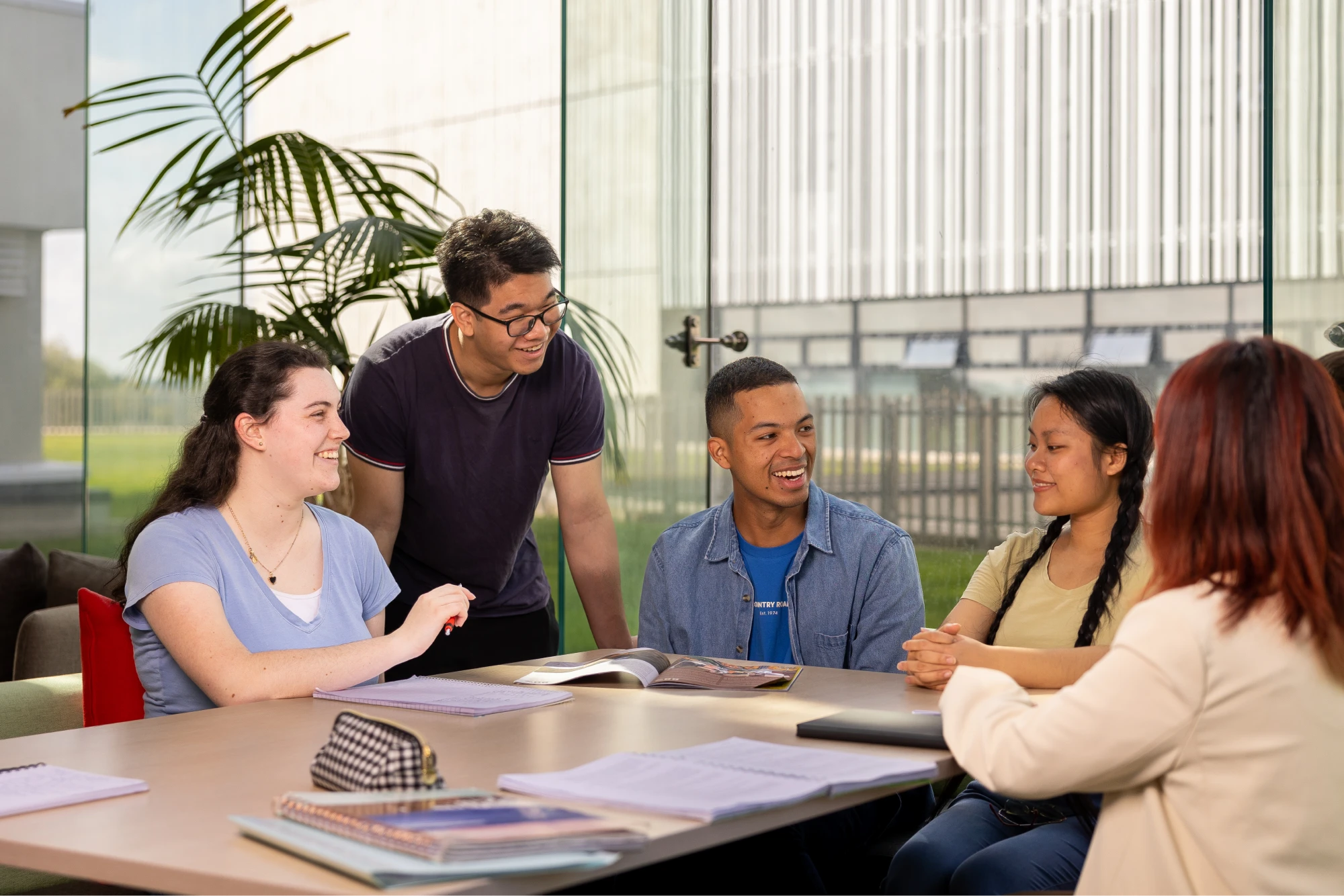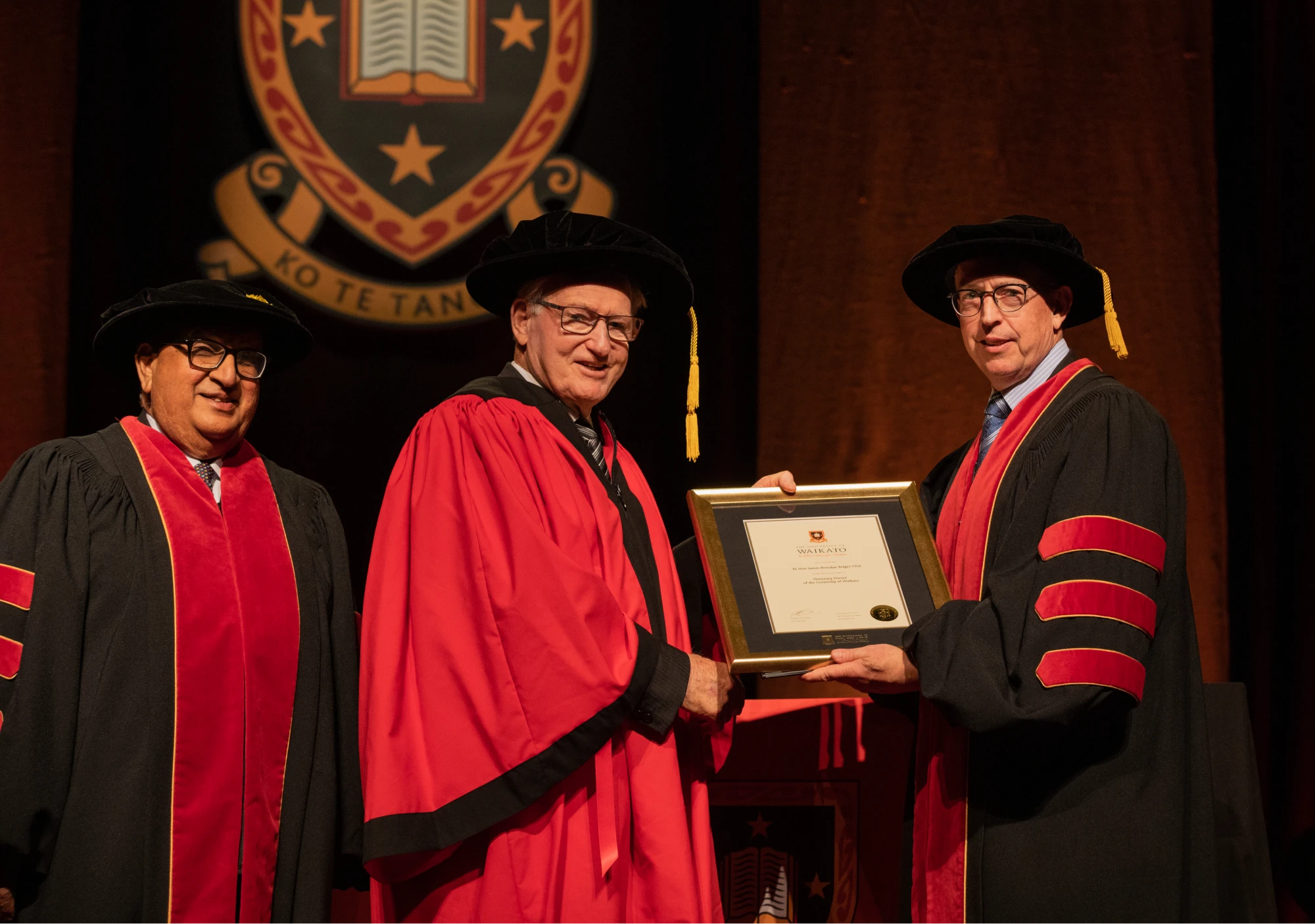About us
Explore University of Waikato's rich history and vibrant community. From our humble beginnings to global recognition, discover our journey.

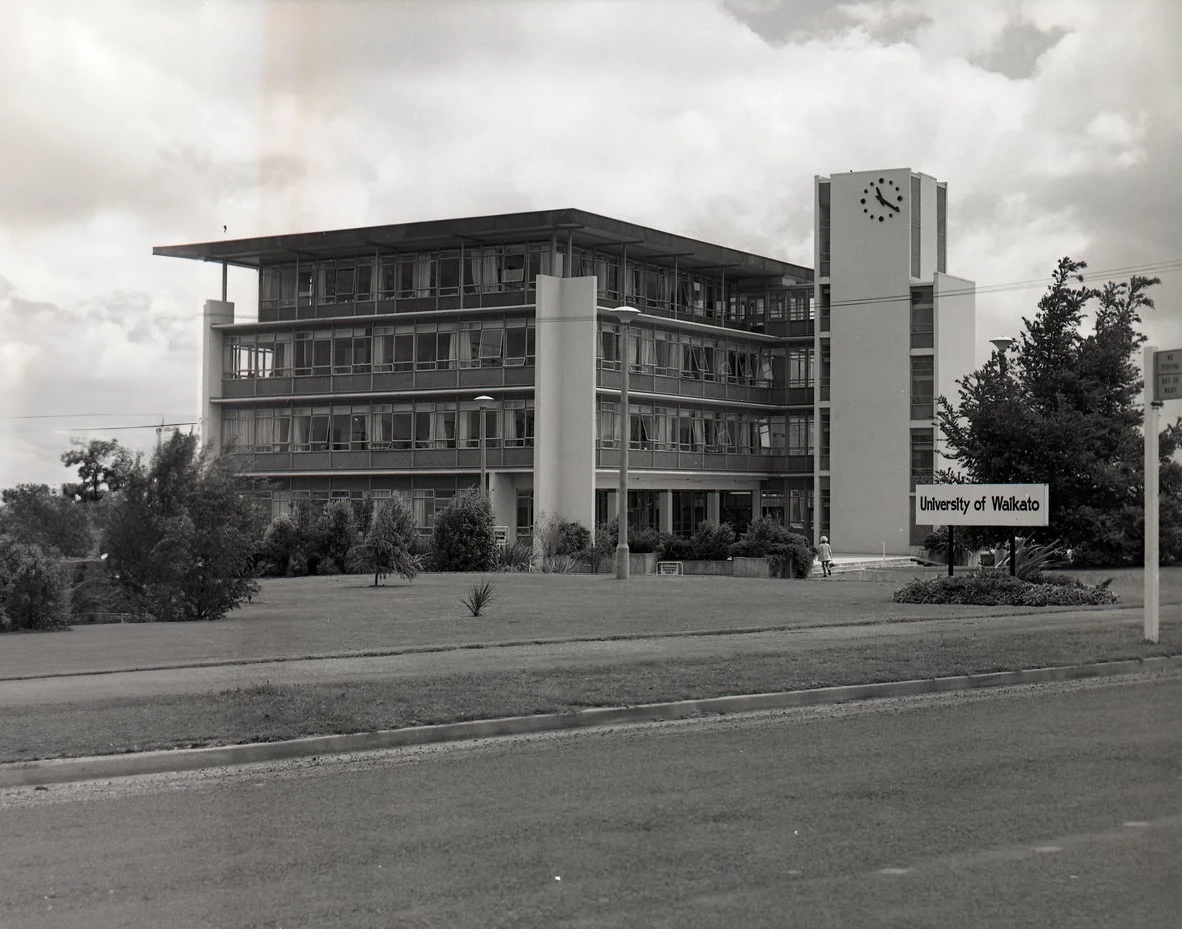
Our story
The University began with just over 100 students in 1964, and celebrated its first 20 graduates of the Bachelor of Arts in 1967. We have grown a lot since then, and now have more than 13,000 students annually from all over New Zealand and the world.

Academic calendar
The Academic Calendar is the authoritative document of record of the University of Waikato and contains important dates, policies, procedures, statutes, and regulations.

Student success stories
University of Waikato offers flexible undergrad programs, top-notch faculty, and world-class research facilities. Graduates excel in diverse careers, making a degree from Waikato a pathway to success.

Emergencies at Waikato
Information about what to do in case of an emergency on campus. Includes safety tips and contact info.
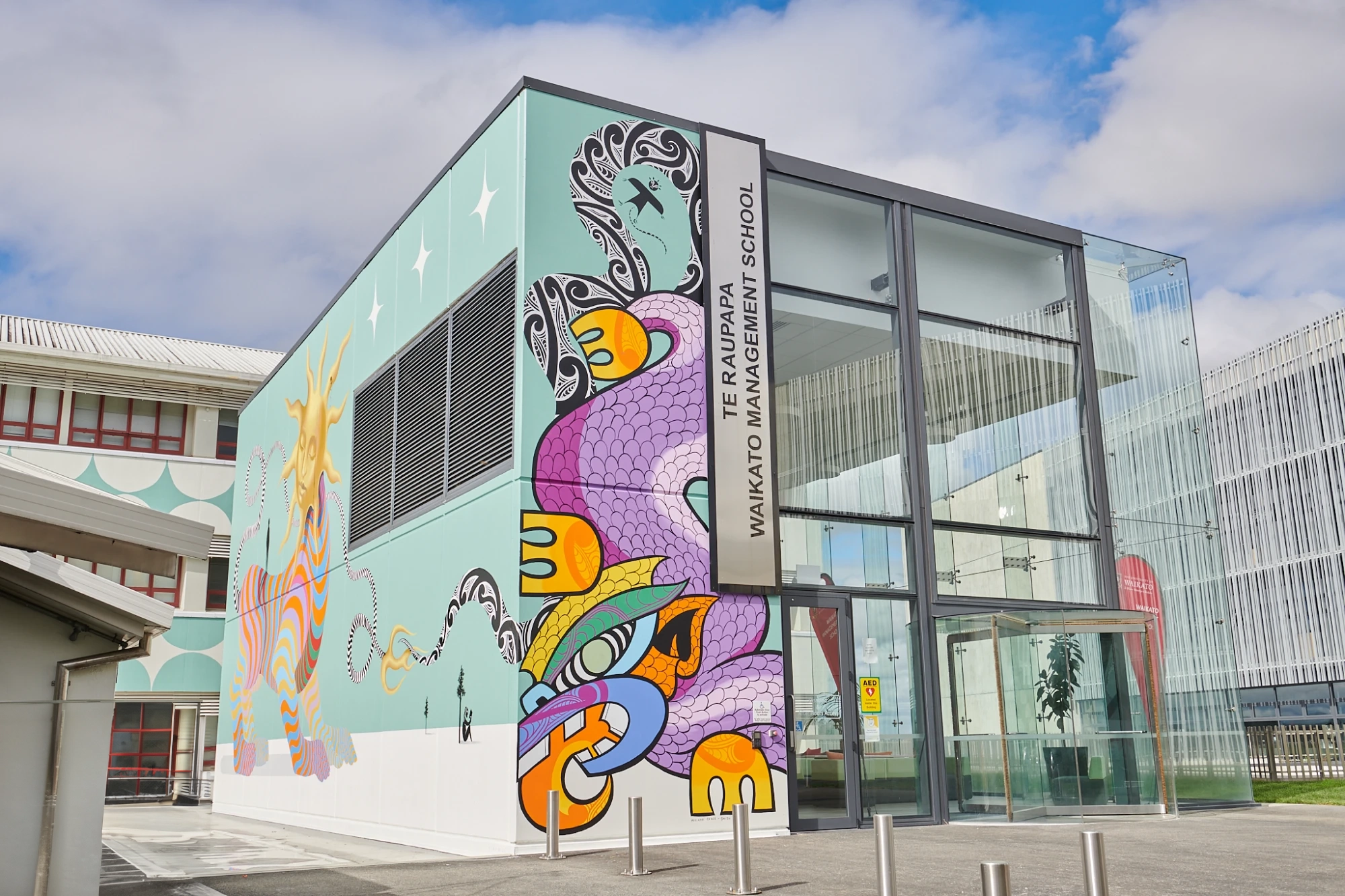
Faculties and schools
Discover the range of faculties and schools at Waikato, offering exceptional education across diverse disciplines.

Sustainability
Our report, Whaioranga Taiao, Whaioranga Tangata, highlights progress towards the 17 UN SDGs in 2022. It underscores the link between a healthy environment and inclusive communities.

Major projects
We have some incredibly exciting projects underway, like our medical school, while others are waiting in the wings.

Te Puna Ako – Centre for Teaching and Learning
We offer expert support for staff; from designing courses and choosing the right tools for delivery, to providing coaching, workshops, and professional development.
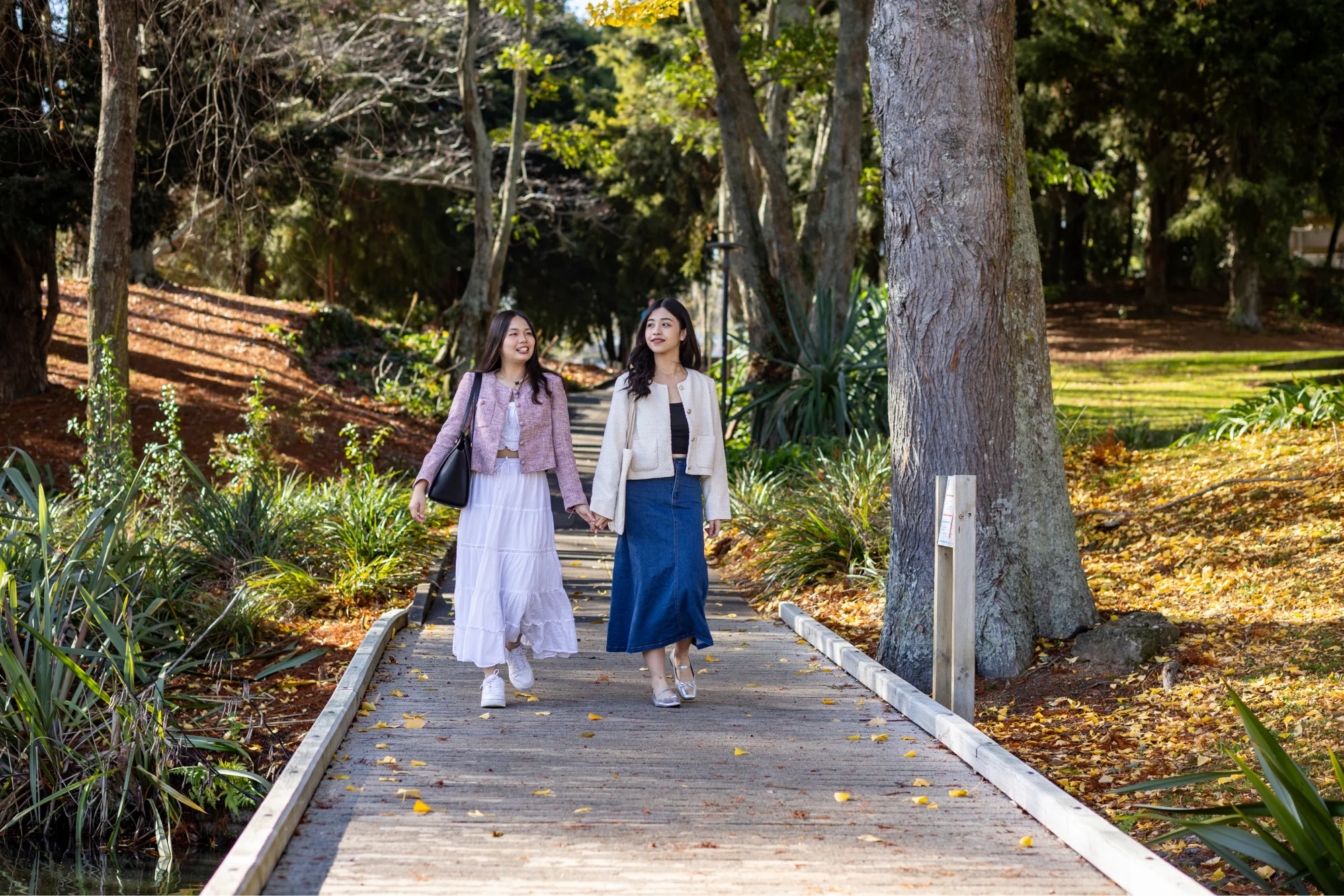
University of Waikato Foundation - Te Pou Taunaki
The University of Waikato Foundation - Te Pou Taunaki is an independent charitable trust. By donating you are making a huge impact on the lives of the students who benefit from your generosity.
